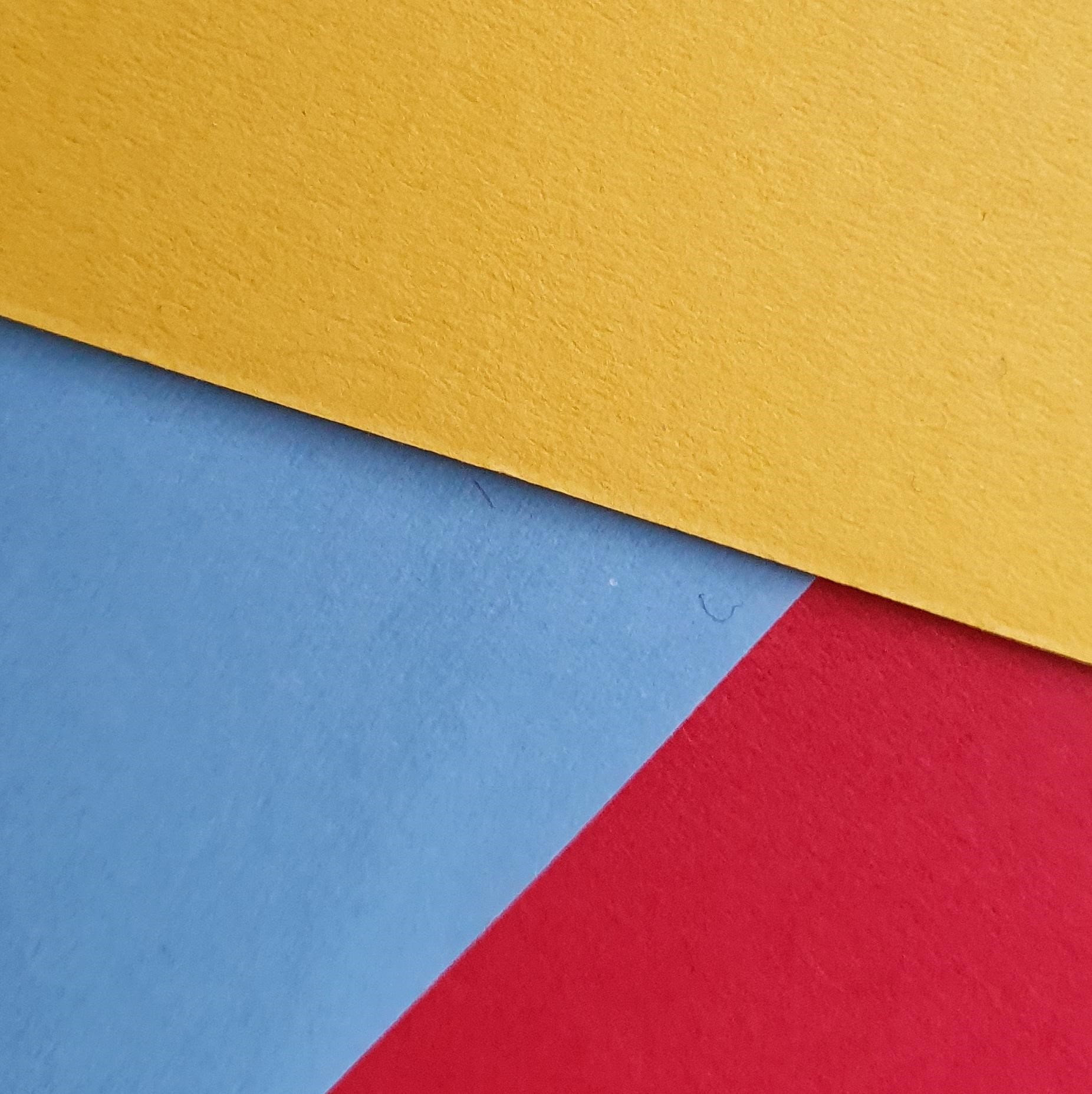The Knowledgebase of the Profession: Subject, Research, and Teaching
- Perspectives on Teacher Education in Design, Art, and Crafts
DOI:
https://doi.org/10.7577/formakademisk.2680Keywords:
teacher education, professional knowledge, research, practical experience, professional practiceAbstract
In June 2020, in Norway, the framework for a new plan for five-year teacher education program for practical and aesthetic subjects was decided upon. Therefore, the three-year teacher education program in Design, Art, and Crafts—with the possibility of adding a master’s—will no longer be offered. The upcoming teacher education program will be research-based, and it will also emphasize experience-based knowledge. The number of days conducting practice in schools will increase, compared to the former teacher education program. The starting point for this article is the changes resulting from the new framework. The article addresses the peculiarities of professional knowledge, along with the divergence between this knowledge and traditional academic disciplines. The divergence is discussed on the basis of a report from 1974. The report addresses the objectives, organization, and study content for the first pedagogical master’s programs initiated outside of the universities, and implemented in 1976. The report describes how the distinctive features of the profession should give direction to these master’s programs. A list of ten different types of master’s theses was presented in the report. Here, both artistic work and production of teaching materials were regarded as relevant types of a master’s thesis’s focus. This article closely analyses the report from 1974, and the arguments that are discussed can contribute to other relevant discussions regarding the introduction of a five-year teacher education program in Design, Art, and Crafts.

Downloads
Published
How to Cite
Issue
Section
License
Copyright (c) 2020 Laila Belinda Fauske

This work is licensed under a Creative Commons Attribution-NoDerivatives 4.0 International License.
Authors who publish with this journal agree to the following terms:
- Authors retain copyright and grant the journal right of first publication with the work simultaneously licensed under a Creative Commons Attribution 4.0 License that allows others to share the work with an acknowledgement of the work's authorship and initial publication in this journal.
- Authors are able to enter into separate, additional contractual arrangements for the non-exclusive distribution of the journal's published version of the work (e.g., post it to an institutional repository or publish it in a book), with an acknowledgement of its initial publication in this journal.
- Authors are permitted and encouraged to post their work online (e.g., in institutional repositories or on their website) prior to and during the submission process, as it can lead to productive exchanges, as well as earlier and greater citation of published work (See The Effect of Open Access).
- The author(s) must manage their economic reproduction rights to any third party.
- The journal makes no financial or other compensation for submissions, unless a separate agreement regarding this matter has been made with the author(s).
- The journal is obliged to archive the manuscript (including metadata) in its originally published digital form for at least a suitable amount of time in which the manuscript can be accessed via a long-term archive for digital material, such as in the Norwegian universities’ institutional archives within the framework of the NORA partnership.
The material will be published OpenAccess with a Creative Commons 4.0 License which allows anyone to read, share and adapt the content, even commercially under the licence terms:
This work needs to be appropriately attributed/credited, a link must be provided to the CC-BY 4.0 licence, and changes made need to be indicated in a reasonable manner, but not in any way that suggests that the licensor endorses you or your use.



